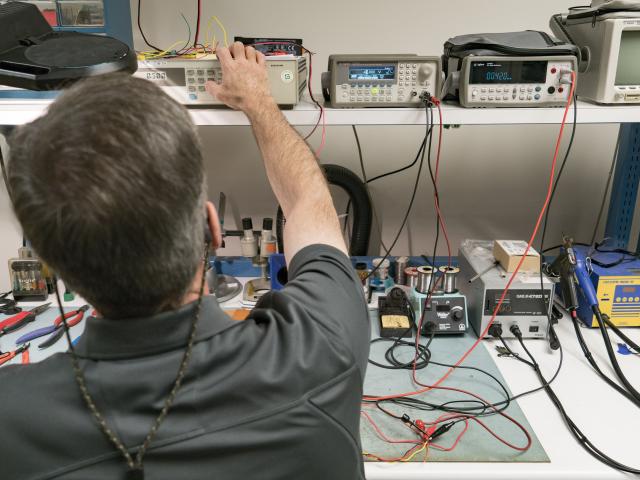
Electricity is an essential component of modern life, powering our homes, offices, and industries. While we rely on electricians to ensure the safe installation and maintenance of electrical systems, it’s crucial to understand that electrical fires can still occur. Electrical fires can have devastating consequences, including property damage, injuries, and even loss of life. To protect your home from potential electrical fires and ensure the safety of your loved ones, it’s essential to be aware of preventive measures. In this comprehensive guide, we will discuss various tips and strategies for electrical fire prevention.
Understanding the Causes of Electrical Fires
Before we delve into prevention, it’s essential to grasp the causes of electrical fires. Electrical fires can be triggered by various factors, including:
- Faulty Wiring: Poorly installed or damaged wiring can lead to electrical fires. Over time, wiring can deteriorate, resulting in exposed wires or short circuits.
- Overloading Circuits: Overloading circuits by plugging in too many appliances can lead to overheating, causing fires.
- Outdated Appliances: Aging appliances can become faulty and pose a fire hazard.
- Misuse of Extension Cords: Using extension cords improperly, such as daisy-chaining them together, can increase the risk of electrical fires.
- Electrical Malfunctions: Sometimes, fires can occur due to inherent defects in electrical systems or appliances.

Electrical Fire Prevention Tips
- Regular Electrical Inspections: Schedule routine inspections by a qualified electrician to check the safety of your electrical system. They can identify and rectify potential issues before they escalate.
- Proper Wiring: Ensure that your home’s wiring is installed correctly and free from defects. If you suspect any problems, have them addressed immediately.
- Avoid Overloading Circuits: Be cautious when plugging in multiple devices in one outlet. Consider using power strips with surge protectors for added safety.
- Upgrade Outdated Appliances: Older appliances may lack the safety features of modern ones. Consider replacing them to reduce fire risks.
- Use Extension Cords Wisely: Extension cords should only be used temporarily and not as permanent solutions. Avoid daisy-chaining them or overloading them.
- Install Smoke Detectors: Place smoke detectors in key areas of your home, such as bedrooms and the kitchen. Regularly test them to ensure they are in working condition.
- Fire Extinguishers: Keep fire extinguishers readily accessible in your home, and ensure that you and your family members know how to use them.
- Emergency Plan: Develop an emergency plan for your family in case of a fire. Ensure everyone knows the escape routes and where to gather outside the house.
- Unplug When Not in Use: Unplug devices and appliances when they are not in use. This not only saves energy but also reduces the risk of electrical fires.
- Educate Your Family: Teach your family members about the dangers of electrical fires and the safety measures in place. Knowledge is a powerful tool in fire prevention.
Conclusion
Electrical fires are a serious threat that can be prevented with awareness and the right safety measures. By following the tips mentioned in this guide, you can significantly reduce the risk of electrical fires in your home. Remember that it’s crucial to hire qualified electricians for any electrical work, as they play a vital role in ensuring the safety of your electrical system. Additionally, being prepared with smoke detectors, fire extinguishers, and an emergency plan can make a substantial difference in protecting your home and loved ones.
Preventing electrical fires is a shared responsibility, and it starts with you. Stay vigilant, invest in safety measures, and create a secure environment for your family and property. Please take a moment to visit berkeys.com/electrician/outdoor-lighting-installation/ to find more tips and useful information about electrical fire prevention.
